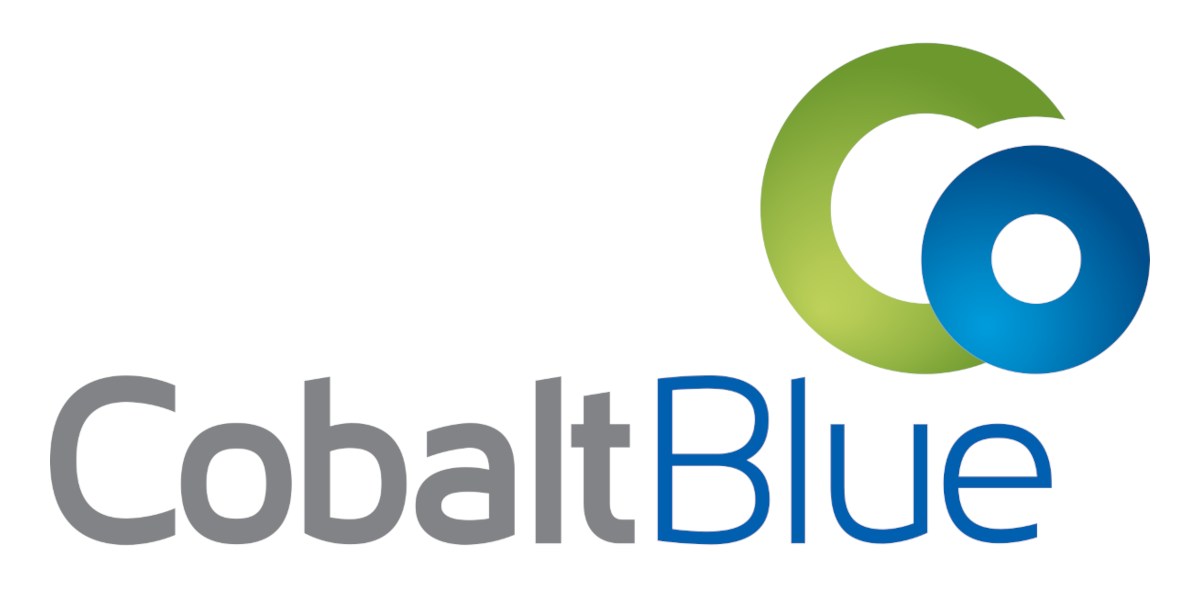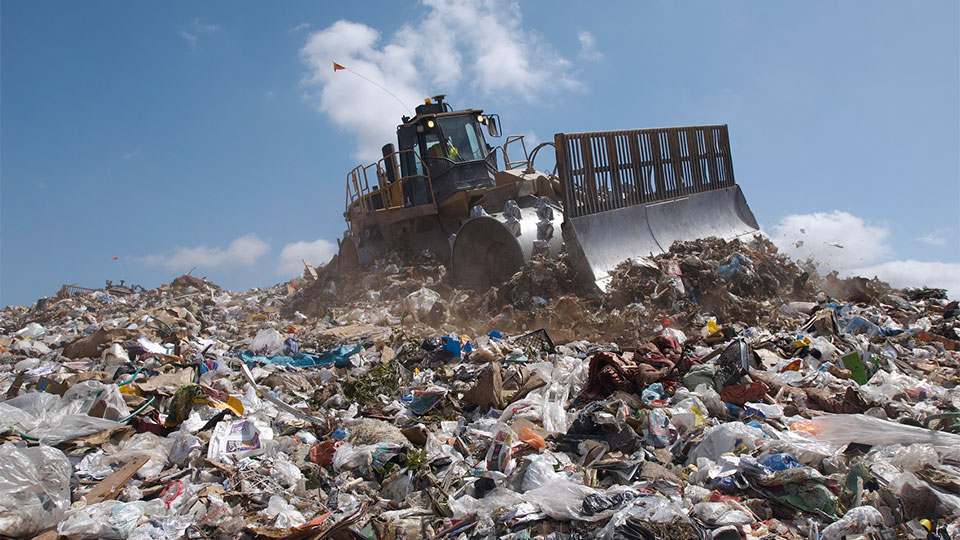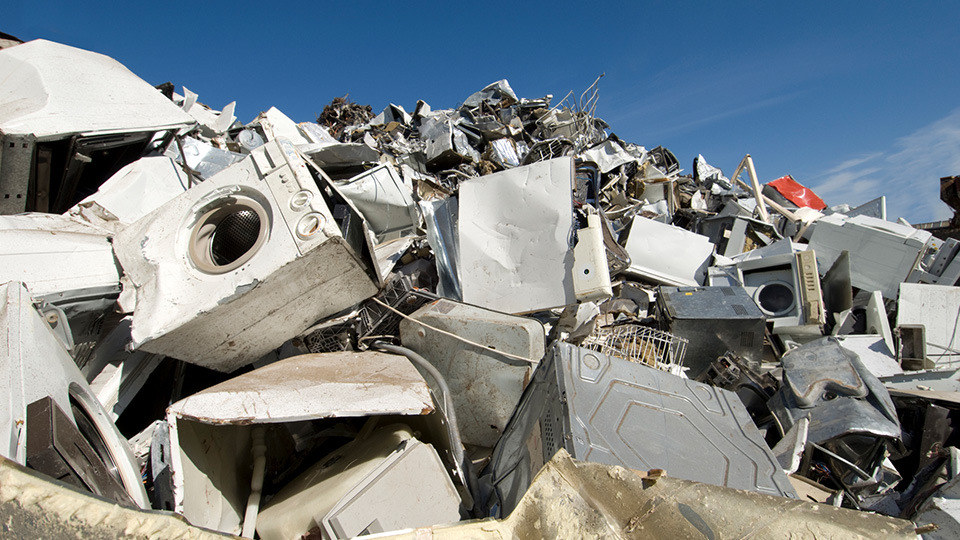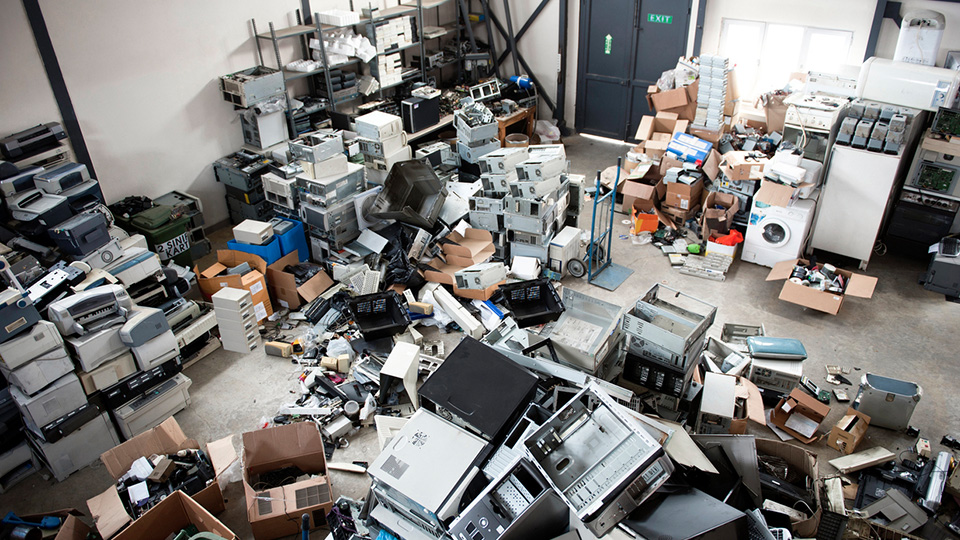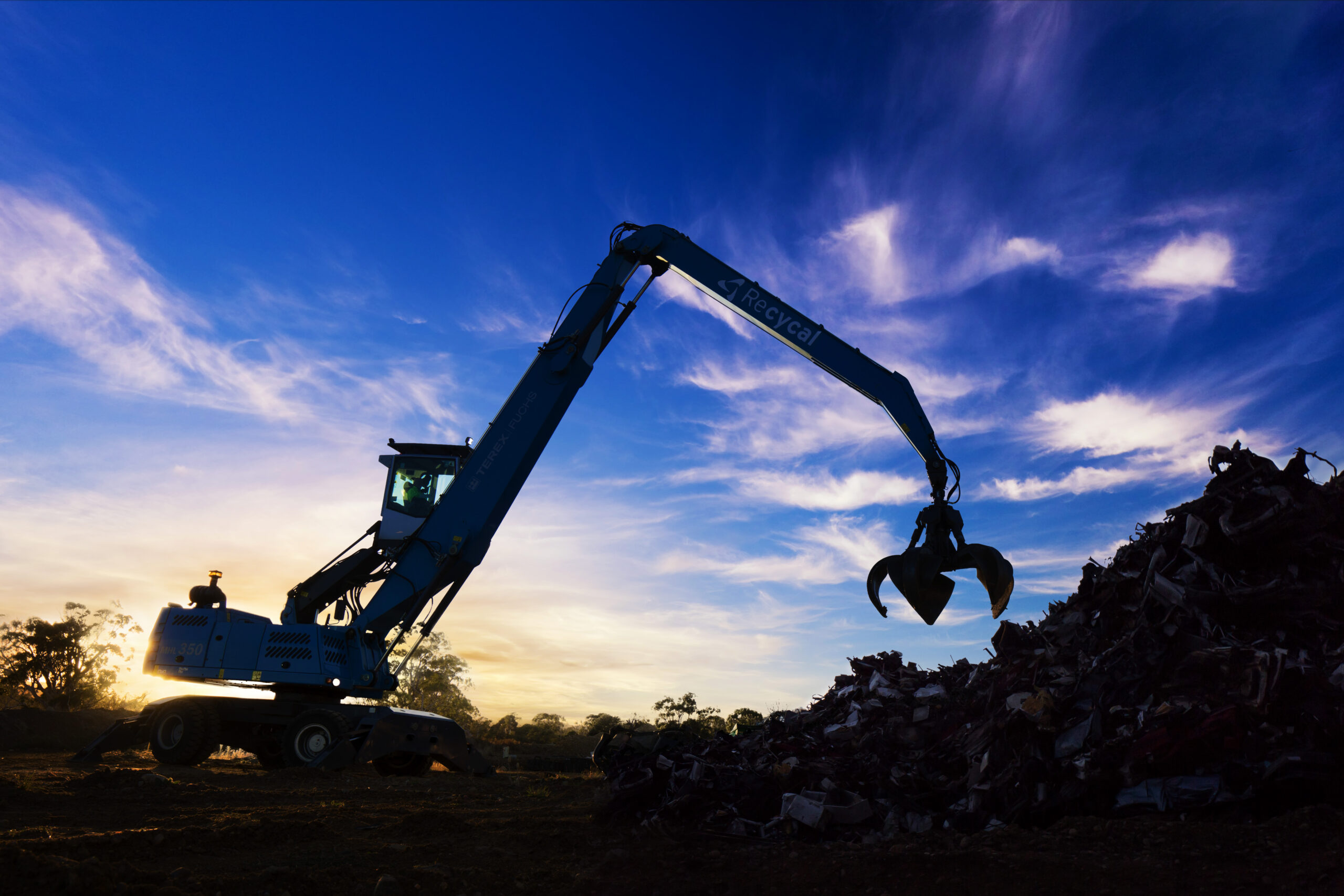Modern prospectors don’t need to head off into the wilderness, shovel and pan in hand, to hit gold – there’s plenty to be found in old phones and computers. In fact, in 2015 alone, Apple recovered a full tonne of gold from items collected via its take-back program.
That tonne was just a small fraction of the 27,800 tonnes of total recovered material but at current gold prices it is worth about US$40 million. In comparison, the value of recovered copper and aluminium was about US$6.5 million and US$3.1 million respectively. By weight steel, followed by plastics and glass made up most of the waste stream
The bigger picture
Great as Apple’s recycling statistics look, this is a company that sells more than 16 million iMacs and 230 million iPhones every year. Just these two product lines alone add up to more than 200,000 tonnes of materials a year. And Apple only makes up part of the total market for electronic goods.
It’s estimated that total e-waste (i.e. anything with a battery or a cord) amounts to more than 42 million tonnes a year, containing a staggering US$10 billion worth of gold. Much of it goes into landfill. Forget the hills, the gold is increasingly in the rubbish tip.
How households can recycle old phones
Many manufacturers operate take-back programs for their own products and there are a number of other public e-waste recycling programs. If you have a defunct computer or phone, check with the manufacturer if they will take it back for recycling. If not, find a local recycling service through recyclingnearyou.com.au.
Solutions for recycling businesses e-waste
Ecocycle are one of Australia’s leading recyclers. If you have large volumes of e-waste, call us on 1300 32 62 92 or fill out the form below. One of our consultants can help design an e-waste solution to suit you.

